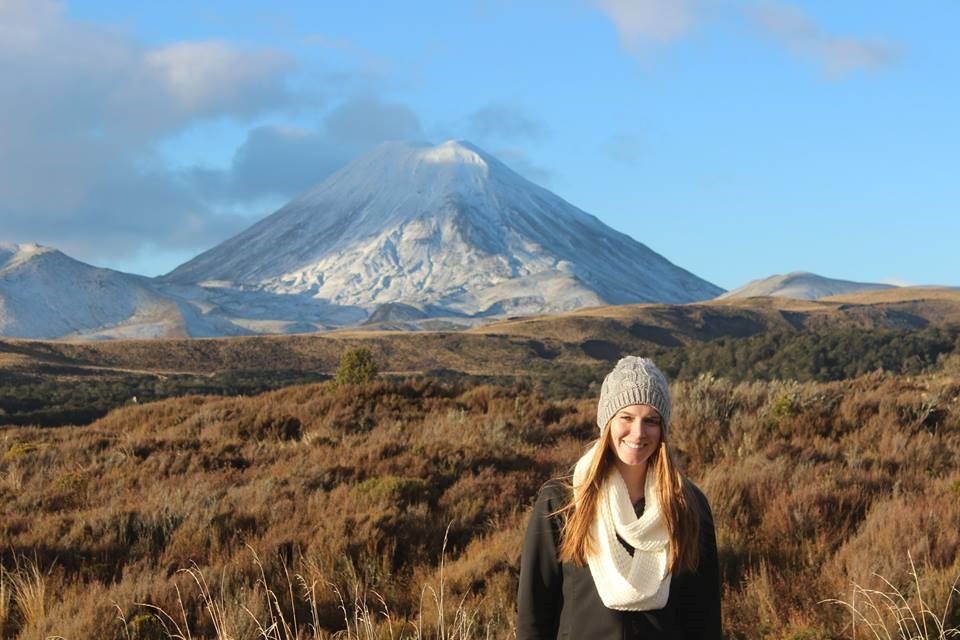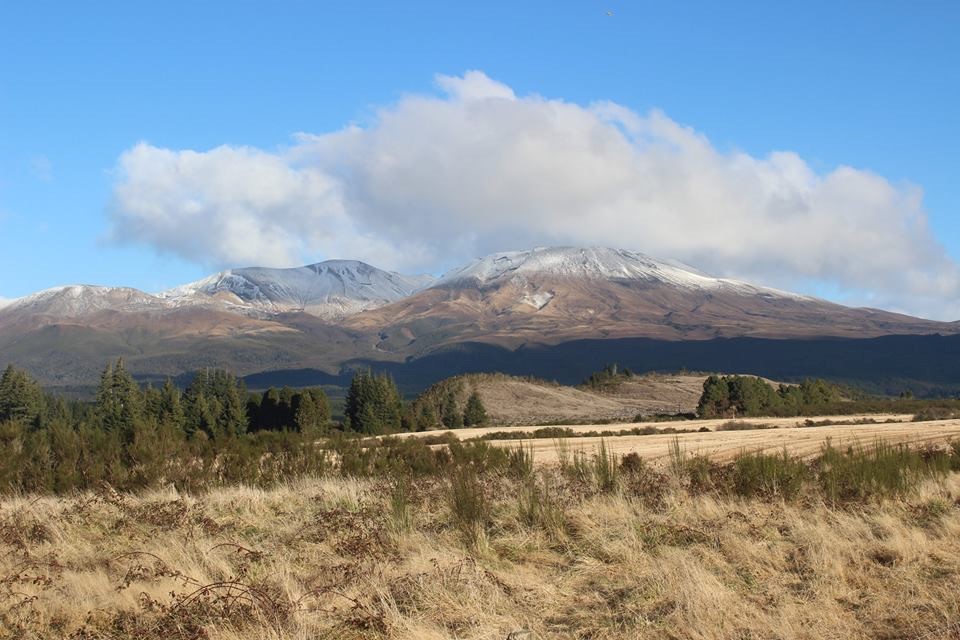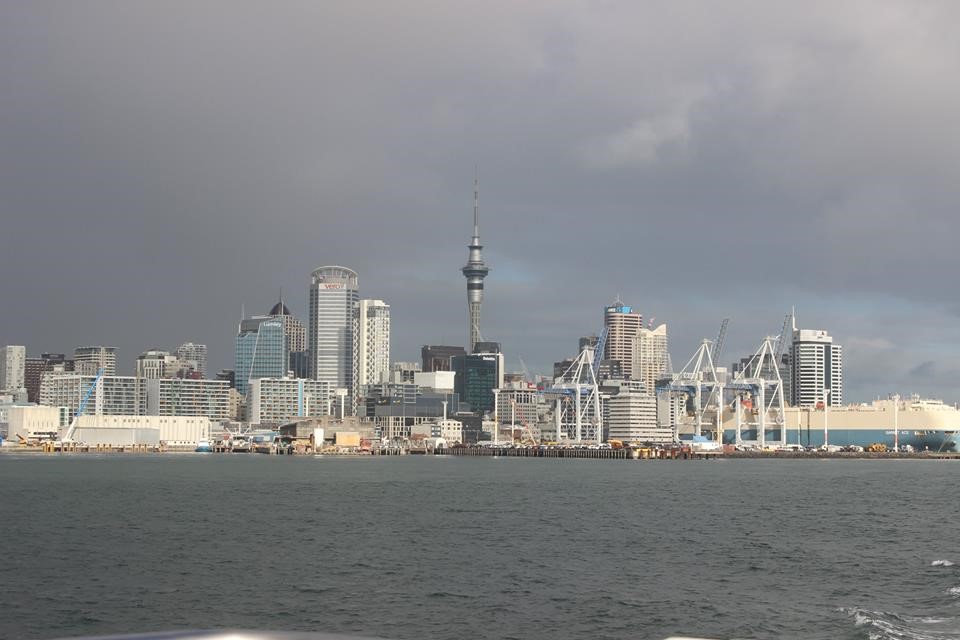Study Abroad News
In June, Professor Mark Palmer and graduate student Mollie Ullestad visited the North Island of New Zealand in preparation for a new MU Department of Geography study abroad course entitled, ‘Resources and Indigenous Peoples of Oceania.’ Mollie is currently conducting research for her Masters thesis on how Maori cultural geographies can be included in a short-term study abroad course and what students will learn about the people and landscape. Mollie is laying the foundation for future study abroad research within the department.
GEOG 4560/7560: Resources and Indigenous Peoples of Oceania
Indigenous peoples of the world have encountered and exchanged knowledge with Europeans for at least 400 years. New Zealand is an important site of cultural exchange. Auckland, New Zealand, holds entangled geographies and histories of the people. Sometimes, these entanglements, connections and disconnections are called globalization. Auckland and surrounding areas will be good places to launch your own encounters and exchanges with the peoples of New Zealand. Once contact has been made, this program will focus on indigenous peoples' struggle to control and use natural resources, to have a say in determining the path of economic development and to navigate through the transformative tendencies of colonialism, capitalism and globalization. You will learn more about the Maori of New Zealand and some of the resource issues facing the people today. Maori knowledge of the ocean and land inform the conservation of resources in New Zealand. For example, Tongariro National Park is an important UNESCO World Heritage Site and the first mixed natural and cultural park. It is also where co-management between Maori communities and the New Zealand government has been taking place for decades.
As a study abroad course, this program offers a unique opportunity. You will have direct engagements with the local people, breathe in the ocean air, explore stratovolcanoes, wade in cold streams and eat Southern Hemisphere foods. In fact, many of your classes will be held outdoors in some of the most interesting and beautiful places on the planet. All of your experiences will stir the imagination as you document your adventures through field journals, story maps and reaction essays.



